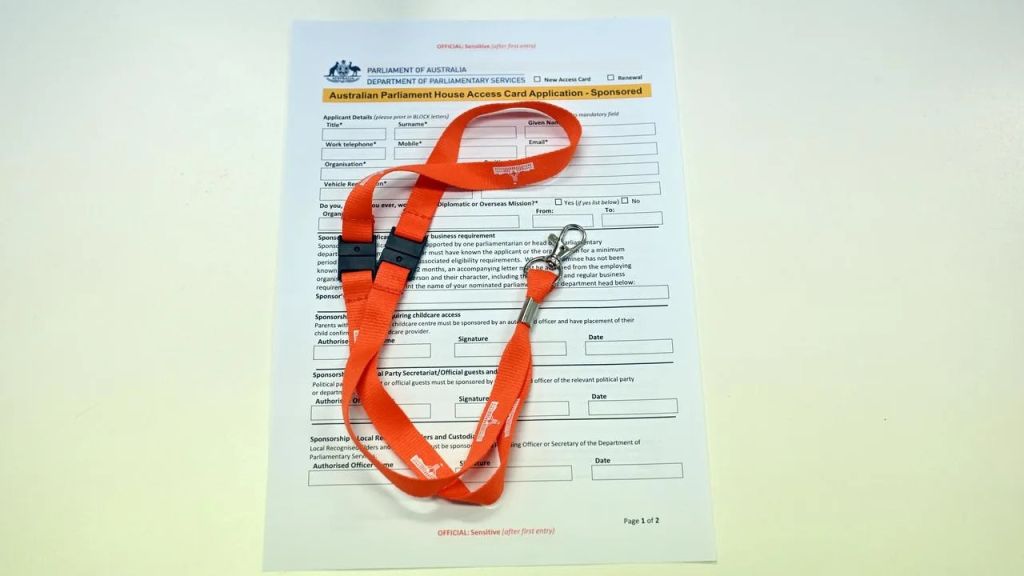Albanese government gets F on its integrity report card
Secrecy, a failure to curb lobbyists and diminishing accountability have scuppered the Albanese government’s transparency record.

The Albanese government has fared poorly on its integrity report card, failing key democratic marks including safeguarding against jobs for political mates and undue influence.
The Centre for Public Integrity has urged the federal government to reset its course, accusing it of being less transparent and accountable than the Morrison government.
It failed in its commitment to transparency by trying to tighten freedom of information laws; in cronyism by stalling reforms that would end a “jobs for mates” culture; and a lack of action on improving integrity in the lobbying system.
In this report, the Centre assesses the Government’s actions — and inaction — across key democratic safeguards.
There was also a cut to parliamentary accountability with a reduction of Indigenous affairs scrutiny after a dedicated day of Senate hearings into the portfolio.
The Albanese government was further chastised for failing to adequately protect whistleblowers.
You might like
The report card’s release came a day after independent senator David Pocock launched his own lobbying transparency register.
He launched the voluntary online register after the federal government refused to mandate MPs publicly declare which lobbyists they sponsor to enter Parliament House.
MPs can sponsor passes for lobbyists, which gives them unfettered access to restricted areas of parliament. Transparency advocates argue the practice muddies transparency around who is trying to influence ministers and policies.
No major party MPs voluntarily disclosed who they sponsored, with only 12 independents and a single One Nation senator revealing the information.
Independent MPs have been critical of Labor’s record, with Helen Haines saying suppressing transparency increased public distrust in parliament and politicians.
“That’s the last thing we want when democracy in the free world is under attack,” she said.
Stay informed, daily
“Some of us were here during the Morrison times, and really it felt like we couldn’t go any lower than what we saw during that period but we have.”
A crackdown on freedom of information laws has also been chastised.

MPs can sponsor passes for lobbyists to access to restricted areas of parliament. Photo: AAP
Attorney-General Michelle Rowland argues freedom of information reforms that would bring in an application fee and ban anonymous requests are needed to curb the number of abusive and vexatious requests received by public servants.
Departments are also being inundated with requests, with Commonwealth agencies and ministers receiving more than 43,000 in 2024/25, the highest on record, she said.
But other changes included in the legislation will make it easier for public servants to refuse requests for documents on the grounds it could embarrass the government, the Centre for Public Integrity contended.
“The FOI amendment bill is an appalling indication of this government’s approach to transparency,” the centre’s executive director Catherine Williams said.
“Its passage would constitute the biggest attack on transparency of government information in memory.”
The Greens and the coalition have come out against the legislation, meaning it cannot pass the Senate in its current form.
A Labour-chaired Senate committee scrutinising the reforms will report by December 3.
-with AAP






